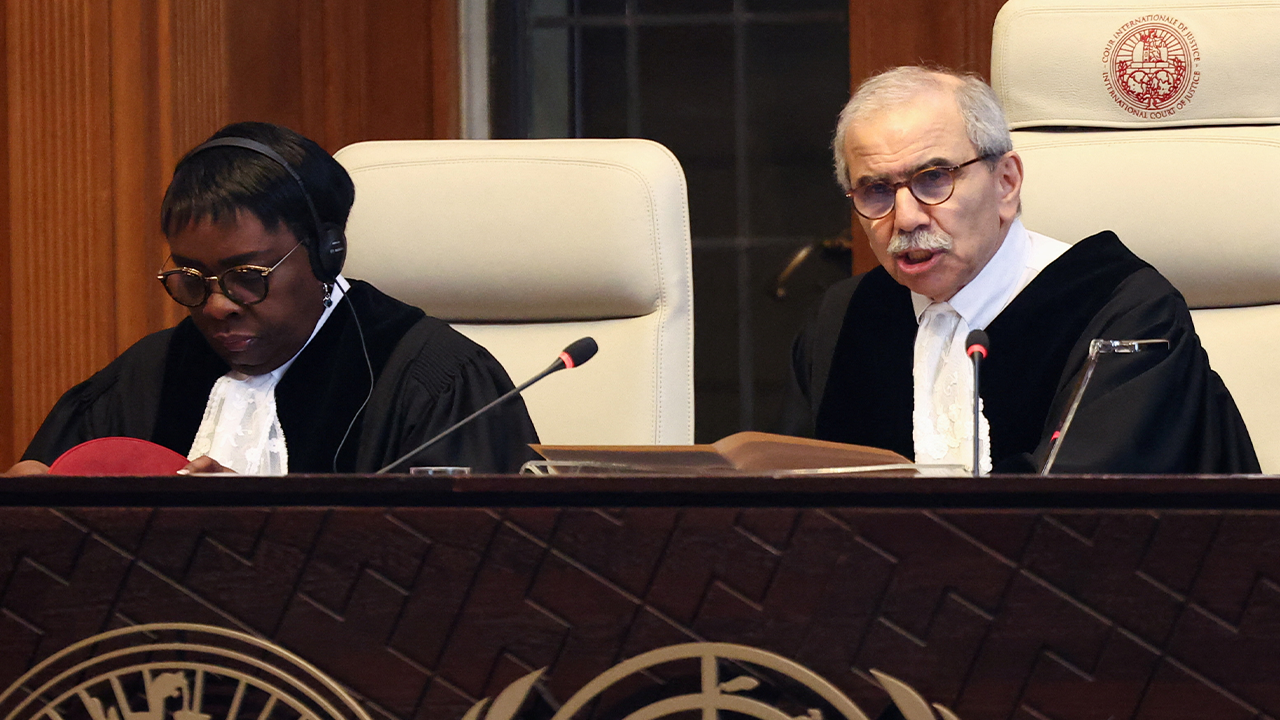The government of Canada has reached a financial settlement with one of two Canadian men it contends were arbitrarily detained for nearly three years by China in a retaliatory move, the man’s lawyer said.
John K. Phillips, who represents Michael Spavor, told The Associated Press Wednesday evening that “I am only able to say that the matter between Mr. Spavor and the government of Canada has been resolved.”
Mr. Spavor, a businessman who had extensive dealings in North Korea, and Michael Kovrig, then a Canadian diplomat who was on leave and working for a Belgium-based foreign policy analysis group, were arrested in China in December 2018. They were charged with spying.
Their detentions in separate prisons was, Canadian officials contended, retribution for Canada’s arrest of Meng Wanzhou, then the chief financial officer of the Chinese technology giant Huawei. That arrest was made at the request of the United States.
The arrests of Mr. Spavor and Mr. Kovrig underscored the apparent willingness of the Chinese government under Xi Jinping to use arrests and lengthy prison sentences to pressure Western governments to make concessions. They also made clear that efforts by Prime Minister Justin Trudeau to improve Canadian-Chinese relations, which had become antagonistic under previous governments, had failed.
Last year, Mr. Phillips said that he was seeking 10.5 million Canadian dollars for Mr. Spavor. The Globe and Mail, citing an unnamed source, reported late Wednesday that the settlement was about 6 million dollars.
Global Affairs Canada, the country’s Foreign Ministry, released a statement that did not mention any settlement.
“China’s arbitrary detention of Michael Spavor and Michael Kovrig was unjust and unacceptable,” it said in the statement. “While the 1,019 days in which they were arbitrarily detained by China will never be erased, the government of Canada is committed to supporting them in their efforts to turn to a new chapter in their lives based on their individual circumstances and impacts, and in acknowledgment of their ordeal and the suffering caused by their arbitrary detention by China.”
The ministry declined further comment.
In December Mr. Kovrig told The Globe and Mail that he was also seeking a settlement from the government and said he would donate any amount beyond his lost income and expenses he incurred to charity. He told the Toronto-based newspaper that its report that the government was offering each of the men 3 million Canadian dollars, or $2.2 million, was “beyond even the range of discussion.” The actual amount, he said, “is a lot lower.”
On Thursday, Mr. Kovrig declined in an email to comment about his talks with the government.
Almost no public information is available about the settlement talks, which were conducted privately and not through the courts. But a lengthy article published last year by the Globe and Mail, and based largely on anonymous sources, said that Mr. Spavor accused Mr. Kovrig of causing his detention by China.
According to the newspaper, Mr. Spavor contends that China had singled him out because he had unwittingly given Mr. Kovrig information about North Korea that the diplomat then passed along to Canada’s intelligence agencies. They, in turn, shared it with Canada’s allies.
In August 2021, Mr. Spavor was sentenced to 11 years in prison, after being convicted of spying. Mr. Kovrig was awaiting sentencing at the time he was returned to Canada.
Canadian officials have repeatedly denied that either man was involved in espionage and contended that China was engaged in a form of “hostage diplomacy” to force the release of Ms. Meng.
From his base in Dandong, China, Mr. Spavor ran an organization that promoted cultural trips to North Korea. He had several high-level contacts there and once met Kim Jong-un, North Korea’s leader. In 2013, Mr. Spavor helped arrange a highly publicized visit to North Korea by Dennis Rodman, the former N.B.A. star.
In his email, Mr. Kovrig said that he was “never involved in espionage activities.” He said, “Any insinuation that I was anything but open and honorable in my interactions with Michael Spavor is false.”
At the time of his arrest in China, Mr. Kovrig was on leave from Canada’s Foreign Ministry, which lifted his diplomatic immunity, and was working as a senior adviser for the International Crisis Group.
In his email, Mr. Kovrig said that during his time as a diplomat and an adviser he worked at convincing China to persuade North Korea to end its nuclear weapons and missile programs. That work, he said, “involved talking with people who were knowledgeable about the country, doing analysis and making recommendations.”
Up to the time of his arrest, Mr. Kovrig said, the “Chinese government gave me no indication that it objected to my work or travel to China.” Chinese officials, he said, regularly invited him for meetings and to attend conferences, including an invitation from the People’s Liberation Army to appear as a panelist at a forum it organized about two months before his arrest.
“The P.R.C. wrongfully detained me as a political hostage to blackmail the government of Canada,” he wrote, referring to the People’s Republic of China. “To imply that I was detained for any other reason is false and amplifies the Chinese government’s propaganda.”






